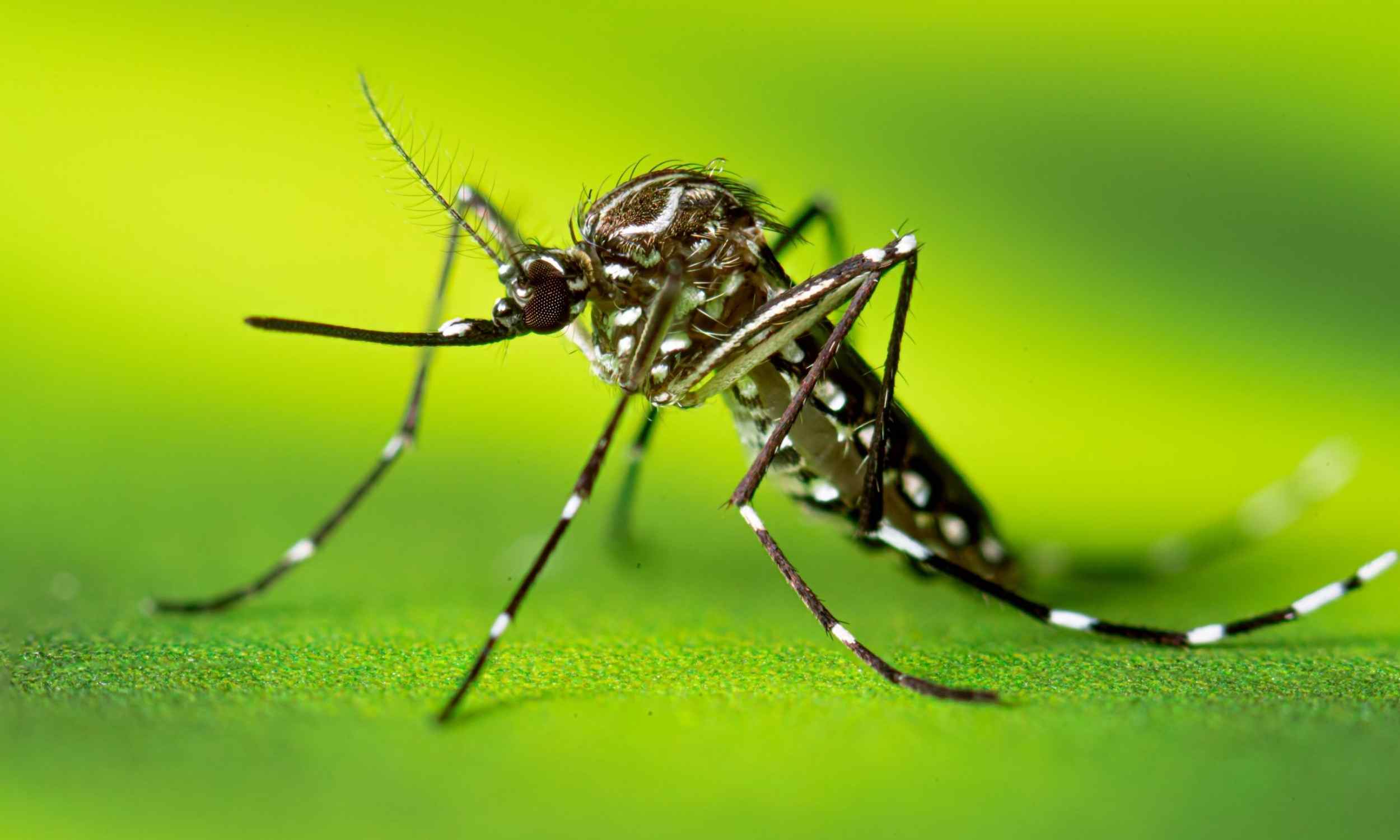A 70-year-old Dallas County man has died from the West Nile virus, Dallas County Health and Human Services said Monday, marking the first reported West Nile death in the county this season.
The man had underlying medical conditions and was diagnosed with the more serious neuroinvasive form of the disease, West Nile Neuroinvasive Disease, DCHHS said. The department said it will not be identifying the man.
“We are very saddened to report our first confirmed WNV death this season,” said Dr. Philip Huang, the director of DCHHS. “Cooler temperatures are coming, but mosquitoes are still a threat. We urge everyone to continue to do everything they can to avoid mosquito bites and keep safe from WNV.”
West Nile virus is the leading cause of mosquito-borne disease in the continental U.S. While it primarily infects people during mosquito season in the summer and fall, experts have warned that a warming climate means mosquito season is getting longer, prompting greater potential for the spread of disease.
To date, DCHHS said it has found a total of 245 positive traps within Dallas County and reported eight people having contracted the disease. Monitoring for the virus runs from April through mid-November, DCHHS said.
West Nile virus symptoms
A West Nile virus infection often leads to flu-like symptoms, including:
- Nausea
- Aches and pains
- Vomiting
- Fever
- Chills
- Rash (occasionally)
Most people infected with the virus do not develop symptoms, according to the CDC, but for those who do, symptoms usually start 2-6 days after being bitten by an infected mosquito, though in some cases, it may be up to 14 days.
“It may take longer for symptoms to start for people with a weakened immune system,” the agency notes.
There is no specific treatment available for West Nile virus, so health experts say it’s important to focus on prevention. Protecting yourself is especially important for people who are more at risk, including the elderly and those immunocompromised.
DCHHS recommends practicing the four Ds to help prevent West Nile virus
- DEET: Whenever outside, use insect repellents that have the active ingredient DEET or other EPA-registered repellents, and always follow label instructions.
- Dress: Wear long, loose, and light-colored clothing outside.
- Drain: Drain or treat all standing water in and around your home or workplace where mosquitoes could lay eggs.
- Dusk to dawn: Limit your time outdoors from dusk to dawn when mosquitoes are most active.
Map shows West Nile virus cases in the U.S.
The CBS News data team is tracking confirmed West Nile cases nationwide as new data is released by ArboNET, a national arboviral surveillance system managed by CDC and state health departments. (The map below is updated bi-weekly on Tuesdays when the latest data is released.)
Source link



